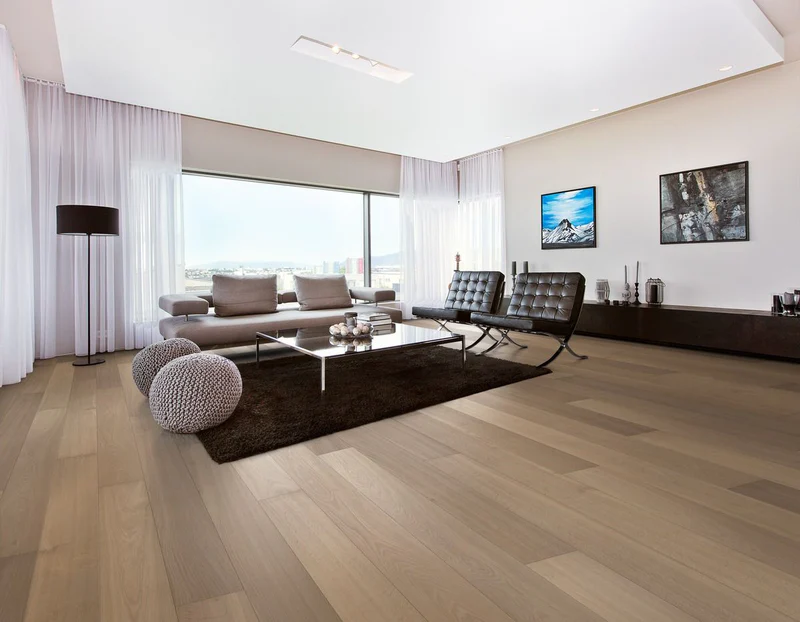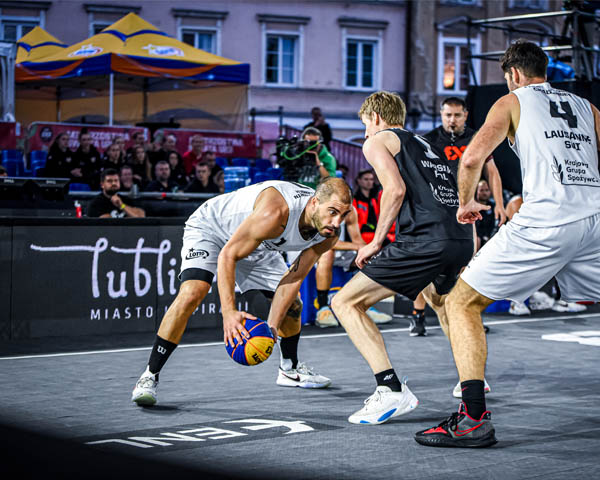2 月 . 10, 2025 19:08 Back to list
basketball stands for children
Understanding the cost dynamics of indoor basketball flooring is essential for anyone looking to enhance their indoor sports facility. Investing in the right kind of flooring not only elevates the playing experience but also ensures safety and durability. Here's an insightful exploration of indoor basketball flooring prices, blending real-world experiences with industry expertise to guide your decision-making process.
Longevity and Maintenance A pivotal aspect of choosing the right basketball flooring is understanding the balance between upfront costs and long-term savings through durability and maintenance. Hardwood floors, if maintained well, can last decades, providing a premium return on investment. Synthetic floors offer balance with moderate upkeep and a lifespan that matches varying facility uses. Modular tiles also boast longevity, with the added advantage of easy repair or replacement of individual sections, enhancing their appeal for budget-oriented projects. Additional Considerations for Budgeting Beyond materials and installation, consider additional costs such as surface coatings, line markings, and environmental conditions. Advanced coatings enhance grip and safety, vital for player performance and injury prevention. Accurate and professional line markings ensure compliance with regulation standards, contributing to the facility's versatility for hosting official games. Leveraging Manufacturer and Supplier Resources One mustn't overlook the advantages of engaging directly with manufacturers or certified distributors. Established suppliers often provide comprehensive packages that include warranties and maintenance plans, ensuring peace of mind and sustained performance of your flooring investment. In addition, building a relationship with reputable suppliers ensures access to the latest innovations and materials designed to enhance sporting performance and facility aesthetics. Conclusion Making an Informed Choice The decision to invest in indoor basketball flooring should align with your facility's mission, expected usage frequency, and budget constraints. As the industry continues to develop, embracing innovative materials and installation techniques can result in sustainable, cost-effective solutions. By focusing on material quality, installation expertise, and reliable supplier relationships, you not only optimize the initial investment but also ensure long-term satisfaction and performance. Making informed decisions requires understanding these cost variables and balancing them with the objectives of your sports facility. Ultimately, investing time in research and expert consultation will undoubtedly yield superior results, enhancing the athletic experience while safeguarding your financial investment.


Longevity and Maintenance A pivotal aspect of choosing the right basketball flooring is understanding the balance between upfront costs and long-term savings through durability and maintenance. Hardwood floors, if maintained well, can last decades, providing a premium return on investment. Synthetic floors offer balance with moderate upkeep and a lifespan that matches varying facility uses. Modular tiles also boast longevity, with the added advantage of easy repair or replacement of individual sections, enhancing their appeal for budget-oriented projects. Additional Considerations for Budgeting Beyond materials and installation, consider additional costs such as surface coatings, line markings, and environmental conditions. Advanced coatings enhance grip and safety, vital for player performance and injury prevention. Accurate and professional line markings ensure compliance with regulation standards, contributing to the facility's versatility for hosting official games. Leveraging Manufacturer and Supplier Resources One mustn't overlook the advantages of engaging directly with manufacturers or certified distributors. Established suppliers often provide comprehensive packages that include warranties and maintenance plans, ensuring peace of mind and sustained performance of your flooring investment. In addition, building a relationship with reputable suppliers ensures access to the latest innovations and materials designed to enhance sporting performance and facility aesthetics. Conclusion Making an Informed Choice The decision to invest in indoor basketball flooring should align with your facility's mission, expected usage frequency, and budget constraints. As the industry continues to develop, embracing innovative materials and installation techniques can result in sustainable, cost-effective solutions. By focusing on material quality, installation expertise, and reliable supplier relationships, you not only optimize the initial investment but also ensure long-term satisfaction and performance. Making informed decisions requires understanding these cost variables and balancing them with the objectives of your sports facility. Ultimately, investing time in research and expert consultation will undoubtedly yield superior results, enhancing the athletic experience while safeguarding your financial investment.
Share:
Latest news
-
Custom Pickleball Court Solutions Convert Tennis & Indoor Builds
NewsMay.30,2025
-
Outdoor Pickleball Court Costs Build & Install Pricing Guide
NewsMay.30,2025
-
Premium Pickleball Sports Courts Custom Design & Installation
NewsMay.30,2025
-
Indoor Pickleball Courts Tennis Court Conversion & Custom Builds Tempe
NewsMay.29,2025
-
Professional Pickleball Court Installation & Tennis Court Conversions
NewsMay.29,2025
-
Grey Synthetic surface-rubber prefabricated track
NewsMar.07,2025

